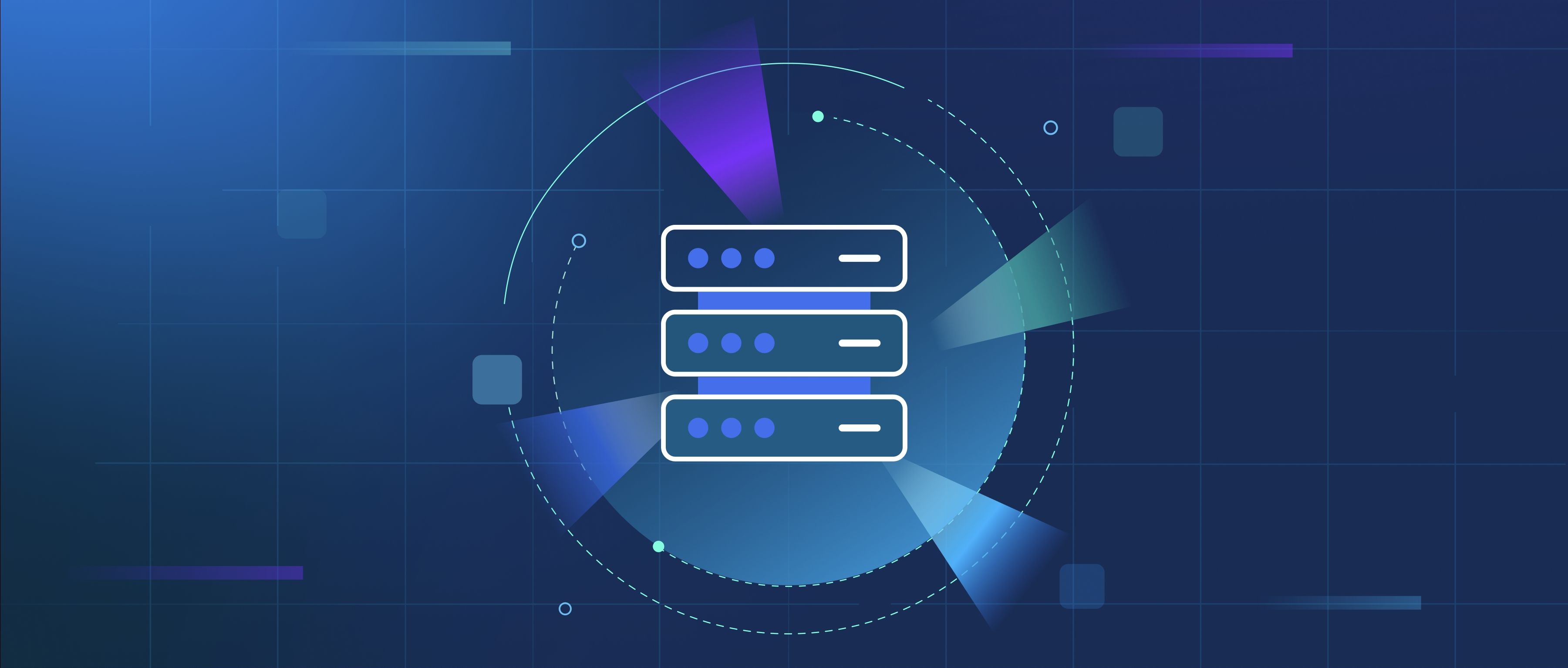A quantum oracle is a theoretical concept in quantum computing that acts as a black-box function. It is designed to take an input and produce an output based on specific rules or conditions set beforehand. Simply put, it’s a way for a quantum algorithm to query some information without needing to know how that information is stored or processed. In the context of quantum algorithms, the oracle typically performs a specific operation that helps to reduce the number of queries needed to find a solution to a problem, showcasing the power of quantum computation over classical methods.
In Grover's search algorithm, which is designed to find a marked item in an unsorted database, the quantum oracle plays a crucial role. The oracle function evaluates whether a given item is the target we’re looking for. For instance, if we have a database of N items and exactly one of them is marked (the one we want to find), a classical approach would require checking, on average, N/2 items. In contrast, Grover’s algorithm takes advantage of the quantum oracle to drastically reduce this number to about √N queries. This makes the search process significantly faster on a quantum computer compared to a classical one.
The use of oracles is not limited to Grover’s algorithm. They serve as a powerful tool for various other quantum algorithms, including those used in cryptography and optimization problems. The design of the oracle can be tailored to perform different checks or tasks, making it adaptable across different applications. For example, in a cryptography context, an oracle might help efficiently evaluate certain properties of cryptographic keys. Thus, quantum oracles are fundamental building blocks that enhance the efficiency and capability of quantum algorithms, allowing developers and researchers to explore complex problems in new ways.
